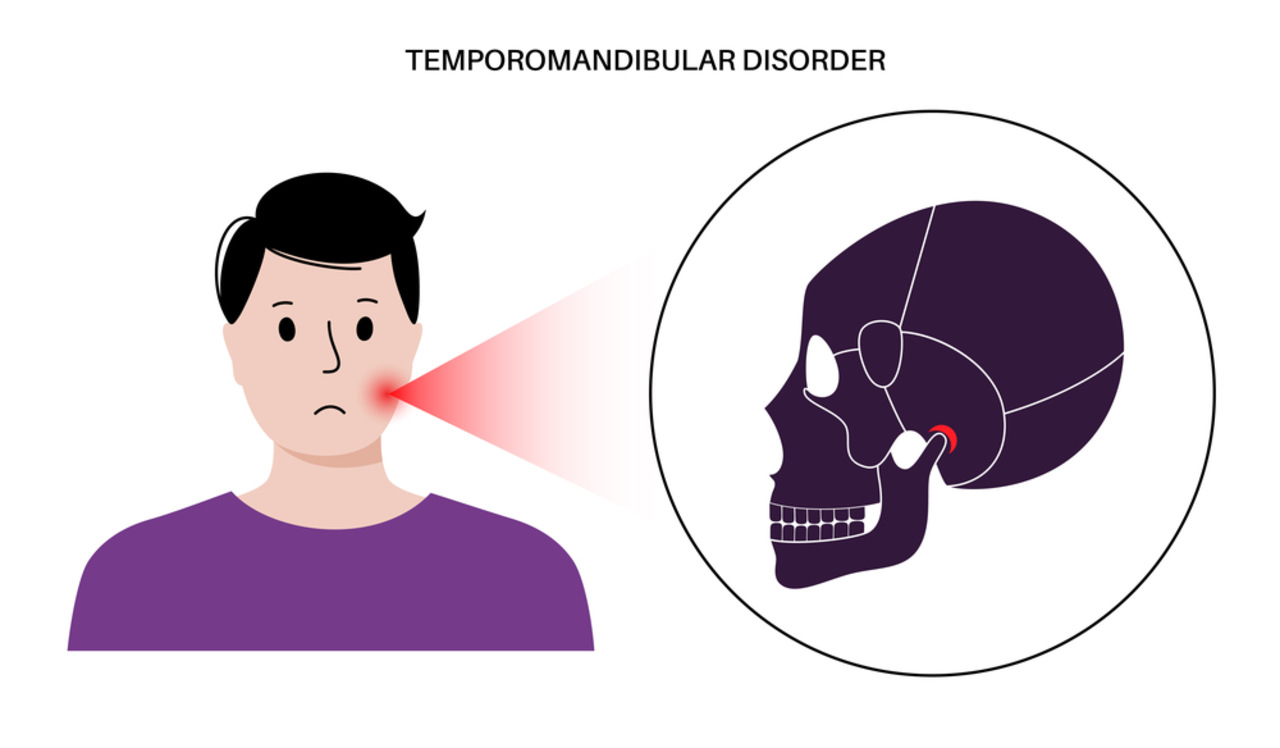Personal Training Sherwood Park, Edmonton
Transform Your Fitness Journey!Enhance Your Mobility | Injury Prevention | Sports Performance
Achieve Your Goals
Welcome to Roar Physio | Wellness, your fitness goals meet expert guidance and state-of-the-art training techniques. Whether you’re a weekend warrior aiming to improve your personal best or a competitive athlete focused on enhancing performance, our certified personal trainers in Sherwood Park are here to propel you towards your peak physical condition.
What Our Clients Are Saying
Dive into the stories and testimonials from our clients to discover the transformative impact Roar Physio | Wellness has had on their health and fitness. Hear firsthand how our dedicated approach has made a difference, inspiring confidence and healthier living in our community.

Understanding Personal Training
Personal training is a customized approach to fitness that focuses on individualized plans to achieve specific health and wellness goals. At Roar Physio | Wellness, personal training goes beyond general fitness; it encompasses a wide range of sports-specific programs designed to optimize your performance, prevent injuries, and ensure overall health and well-being.
How We Approach Personal Training
At Roar Physio | Wellness, we understand that everyone is unique. That’s why our personal trainers craft tailored workout programs that address your specific needs. From agility training and strength conditioning to injury prevention and rehabilitation, our approach focuses on:
Sports-Specific Training: Customized plans that enhance skills and performance in your chosen sport.
Injury Prevention and Rehabilitation: Techniques designed to safeguard individuals by enhancing their resilience and assisting in recovery from injuries.

The Benefits of Personal Training
Personal training offers several benefits:

Tailored Expertise: Our trainers are not just fitness experts; they are well-versed in enhancing sports performance, offering insights and strategies specific to your requirements.
Enhanced Performance: With programs designed to push your limits, you can see noticeable improvements in your performance, whether it’s increased speed, strength, or stamina.
Injury Prevention: Our preventive strategies and exercises mean you spend less time sidelined and more time achieving.
Holistic Health Focus:We believe in balance and ensure our programs support your overall health and well-being.
Choosing Us for Your Personal Training Needs
Roar Physio | Wellness offers a modern, fully equipped facility, a team of highly skilled personal trainers, and a supportive, motivating environment. Our clients benefit from:
State-of-the-Art Equipment: Utilizing the latest in fitness technology and methods to ensure maximum effectiveness and safety.
Customized Support: One-on-one sessions tailored to your pace and progress.
Flexible Scheduling: Accommodating your busy lifestyle with flexible training sessions.
Community and Support: Being part of Roar Physio | Wellness means joining a community of like-minded individuals who are as passionate about sports and wellness as you are.

Book Your Personal Training Session Today
Welcome to Roar Physio | Wellness, your fitness goals meet expert guidance and state-of-the-art training techniques. Whether you’re a weekend warrior aiming to improve your personal best or a competitive athlete focused on enhancing performance, our dedicated personal trainers in Sherwood Park are here to propel you towards your peak physical condition.
Achieve Peak Performance with Customized Personal Training Programs
Meet Sherwood Park’s Finest: Our Personal Trainers
Step into a world where expertise meets compassion with Sherwood Park’s most dedicated personal trainers. Get to know the individuals committed to guiding you towards a healthier, more vibrant life at Roar Physio | Wellness.
Insurance Partners
Navigate your wellness journey with confidence, knowing Roar Physio | Wellness collaborates with most major insurance providers to support your health goals. Enjoy the convenience of direct billing, simplifying your journey to optimal health.
Areas We Serve
Sherwood Park
Foxhaven

The Go-To Personal Training Studio Near You
Searching for “personal training near me” that actually delivers results? At Roar Physio | Wellness in Sherwood Park, we offer expert-led personal training programs designed to meet you where you are and take you where you want to go. Whether you’re new to fitness or looking to push past a plateau, our trainers provide customized support that’s close to you, highly effective, and results-focused.
We’re the local choice for those seeking quality training around here, with a supportive environment that helps you stay motivated. Conveniently located and open to new clients, we’re proud to be the closest and most trusted option for nearby personal training that’s tailored to your goals. Let’s build strength, confidence, and momentum—together.
Your Guide to Total Body Wellness: Featured Blog Posts
Discover the secrets to achieving and maintaining optimal health, from innovative physiotherapy techniques to holistic wellness practices. Dive into our featured posts to unlock a vibrant, healthier lifestyle with expert advice and transformative insights.
Personal Training Sherwood Park, Edmonton FAQs
What Can I Expect During the Initial Consultation?
The initial consultation is a comprehensive 60-minute session. During this time, your personal trainer will conduct a detailed assessment to understand your past training experiences, current fitness level, and any prior injuries or relevant medical history. This session also includes an orientation of the gym space and the equipment you will be using. Based on this assessment, your trainer will create a personalized training plan tailored specifically to your health and fitness goals. This plan aims to ensure that you have a clear path forward with structured steps to achieve your objectives efficiently and safely.
What Should I Bring to My First Personal Training Session?
Can Personal Training Help with Weight Loss?
Yes, personal training services can be a highly effective part of a weight loss strategy. Your coach can develop customized exercise programs that focus on burning calories, increasing metabolism, and building lean muscle mass. Training sessions are designed to challenge you at the right intensity level to promote weight loss while also considering any physical limitations or health concerns. Additionally, trainers can provide guidance on nutritional habits and lifestyle changes to support your weight loss goals effectively.























